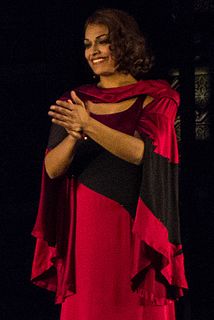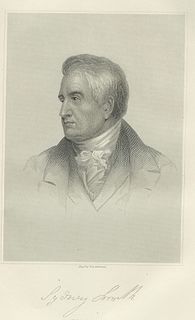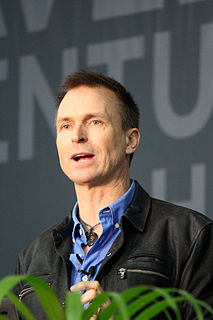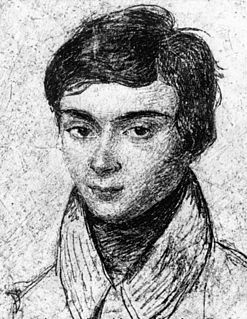A Quote by Anne Michaels
I really believe we read differently when we know even the most banal facts of an author's life.
Related Quotes
When I read a novel that I really like, I feel as if I am in direct, personal communication with the author. I feel as if the author and I are on the same wavelength mentally, that we have a lot in common with each other, and that we could have an interesting conversation, or even a friendship, if the circumstances permitted it. When the novel comes to an end, I feel a certain letdown, a loss of contact. It is natural to want to recapture that feeling by reading other works by the same author, or by corresponding with him/her directly.
It's an American thing, but it's particularly a southern thing, and its romanticization is hyper-Southern. And it's still irresistible to me, even in middle age. There's something that pulls me to that, but at the same time, I have this increasing awareness of how banal it really is - that evil is inherently banal.
I don't like realism. We already know the real facts about li[fe], most of the basic facts. I'm not interested in repeating what we already know. We know about sex, about violence, about murder, about war. All these things, by the time we're 18, we're up to here. From there on we need interpreters. We need poets. We need philosophers. We need theologians, who take the same basic facts and work with them and help us make do with those facts. Facts alone are not enough. It's interpretation.
My father read Günter Grass. He introduced me to German literature. I believe the first book I read by a German author was from Grass. After that, Thomas Mann accompanied me for a few years during my literature studies. I tried again and again to read the original German text, but I never really succeeded.
Reading things that are relevant to the facts of your life is of limited value. The facts are, after all, only the facts, and the yearning passionate part of you will not be met there. That is why reading ourselves as a fiction as well as fact is so liberating. The wider we read the freer we become.







































